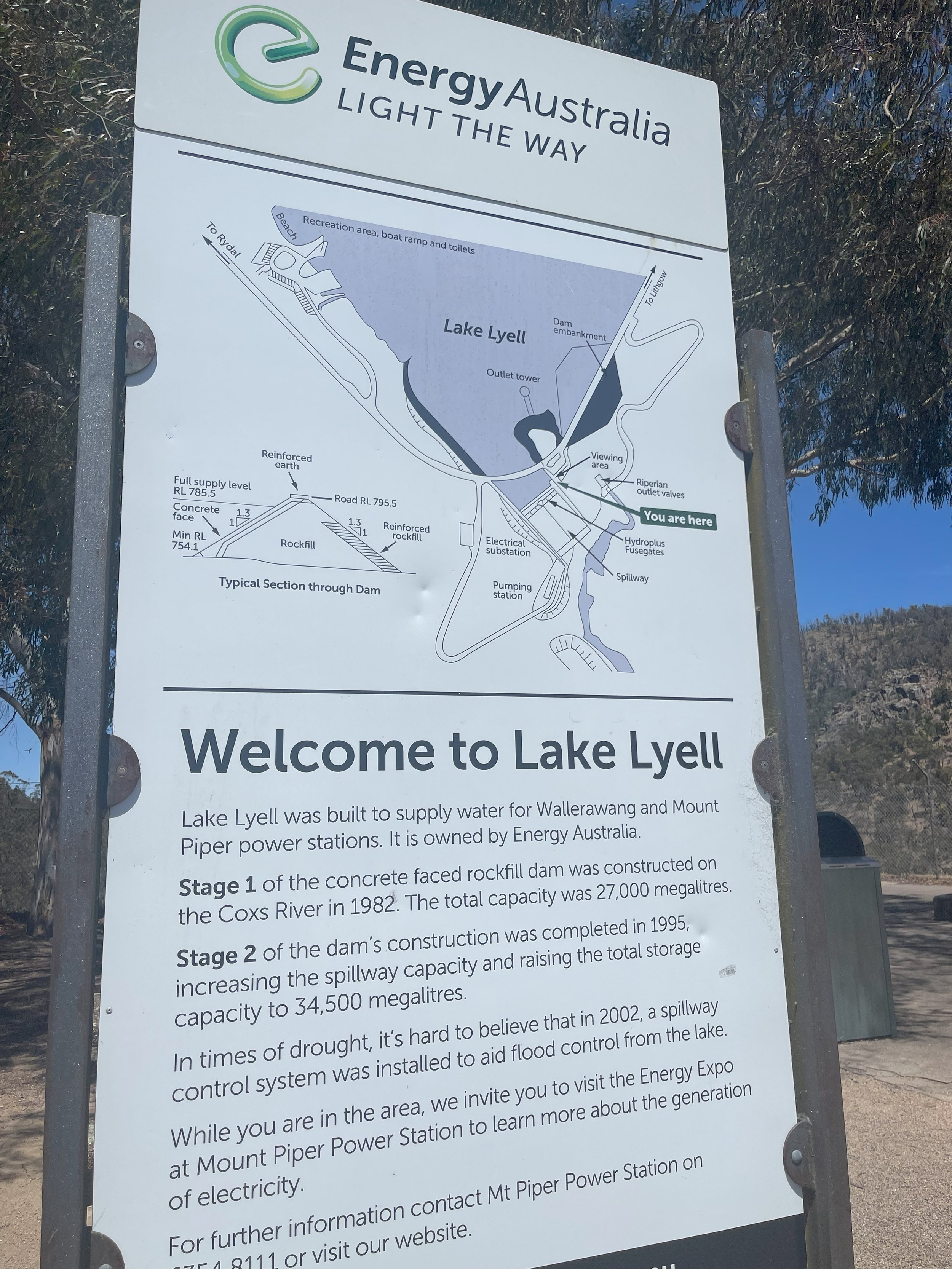Project: Lake Lyell Pumped Hydro - Neighbour Benefit Program
Client: EnergyAustralia
Project Dates: October 2023 - March 2024
Services Delivered:
Strategic advice
Impact and mitigation assessment
Landowner and neighbour engagement
Best practice approach to managing those most impacted.
Project Background:
EnergyAustralia is investigating the feasibility of a pumped hydro energy storage project on land and waterways it owns near Lithgow. The project would make use of water from the existing purpose-built Lake Lyell dam and a new purpose-built upper reservoir behind the southern ridge of Mount Walker to operate a utility-scale energy storage project capable of producing 335 megawatts (MW) of reliable dispatchable energy – calculated to be enough to supply over 150,000 homes in New South Wales for up to 8 hours.
The Challenge:
Australia’s transition to renewable energy has a human frontline, predominately in regional and rural Australia. As the transition intensifies in more communities, project proponents need to be proactive and ready to deliver fair and reasonable mitigations to those most impacted. Beyond Community Benefit Programs, a considered mitigation approach responds to a critical risk for any major infrastructure project - social risk. As legacy assets like the Point Piper Power Station near Lithgow get ready to be switched off in 2040, energy asset owner and operator EnergyAustralia is developing a future clean energy option. Yet for people living in close proximity to the EnergyAustralia owned site, the project presents a wide range of impacts to their properties, way of life and community cohesion. With limited consistent regulatory guidance and no national regulation for mitigation management, there was a need to develop a bespoke but best practice approach to ensure the right benefits and support could be provided to those most impacted. Further, EnergyAustralia needed support to model the cost, resources and process required to implement benefits and supports for neighbours.
Our Approach:
Social Atlas was contracted to develop an engagement and mitigation approach that would help both the community and EnergyAustralia manage the social impacts to people, properties and businesses through feasibility, construction, and operation.
We partnered with EnergyAustralia to explore community dynamics, social history and to identify people, businesses, and properties most impacted by the project. To scope the impact our team applied the NSW Government Social Impact Assessment Guideline for State Significant Projects (February 2023) assessing 250 properties against a wide range and scale of impact. With these insights we were able to shape a Near Neighbour Engagement Strategy and build the processes and systems to support this sensitive engagement.
With no comparable hydro project in scale or urban proximity, we then undertook comparative research into mitigations applied on renewable energy and major infrastructure projects to establish a benchmark for application to this project. We tested potential mitigations with neighbours during engagement to determine their relevance and then developed principles to deliver benefits and supports and to guide decision making.
With a draft Neighbour Benefit Guide developed we were able to financially model the mitigations for each impacted property to determine the overall investment needed to manage the risk to the project.
Project Outcomes:
Social Atlas has provided EnergyAustralia with a fair, reasonable and strategic approach to manage and mitigate impacts to people, properties and businesses affected by the project. The approach responds proactively to an emotive external project risk with evidence, extensive research and modelling that connects seamlessly to preparations for the Environmental Impact Statement and the regulatory approval process. EnergyAustralia is now investing in the implementation of the Mitigation Framework and has retained Social Atlas as their implementation partner until the final Financial Investment Decision for the project in late 2025.


